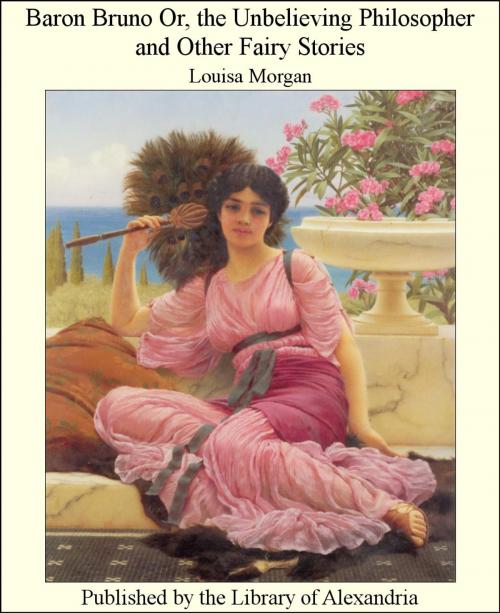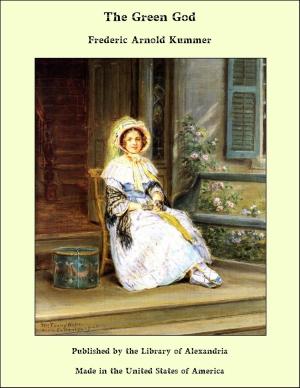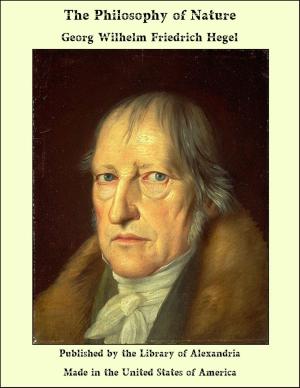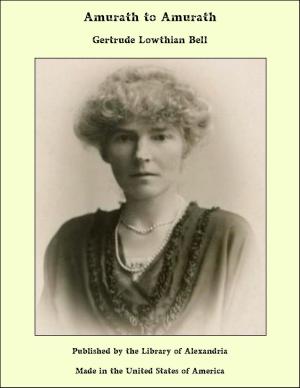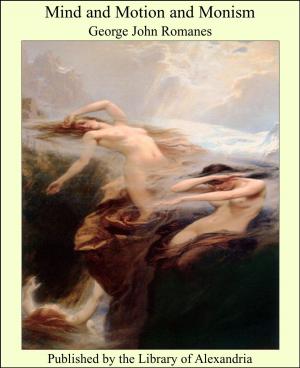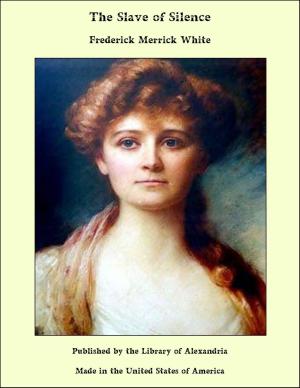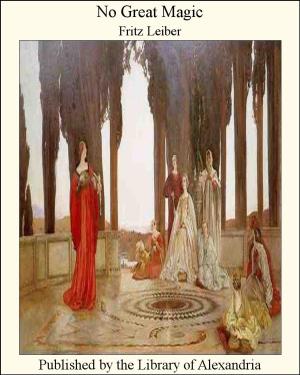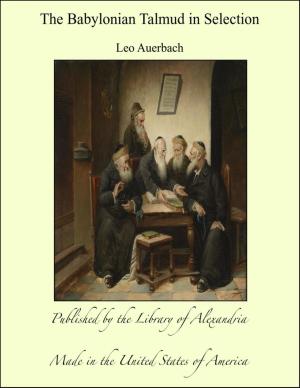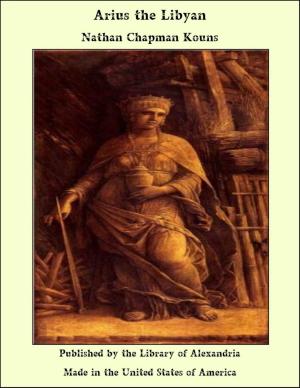Baron Bruno Or, the Unbelieving Philosopher and Other Fairy Stories
Nonfiction, Religion & Spirituality, New Age, History, Fiction & Literature| Author: | Louisa Morgan | ISBN: | 9781465524690 |
| Publisher: | Library of Alexandria | Publication: | March 8, 2015 |
| Imprint: | Language: | English |
| Author: | Louisa Morgan |
| ISBN: | 9781465524690 |
| Publisher: | Library of Alexandria |
| Publication: | March 8, 2015 |
| Imprint: | |
| Language: | English |
BARON BRUNO AND THE STARS; OR, The Unbelieving Philosopher. Baron Bruno was the Prime Minister of the Hereditary Grand Duke of Rumpel Stiltzein. Besides being Prime Minister, he was the cleverest man in the kingdom. This is saying a good deal, for were there not (besides all the men of science, the physicians, the literati, and the great philosophers of the day) the General-in-Chief of the Grand-Ducal army, Prince Edlerkopf; the great High Almoner, Herr von Pfenig; and also the accomplished Graf von Wild Kranz, the most able lawyer and the politest man about court? So humble and gentle, indeed, were his manners, that strangers sometimes took it upon themselves to dispute the opinion of their modest neighbour. But such hardy persons seldom repeated the experiment after Wild Kranz had completely overturned their arguments in his quiet, hesitating tone, with a shrewd glance of enjoyment twinkling in his small wary eye; and woe to the man who a second time opposed his will or challenged his decision. Very different was Baron Bruno. Impetuous, fiery, and caustic, gifted with inexhaustible memory, and brimming over with barbed sarcasm, he was often misunderstood and disliked in the outer world, but invariably beloved by those who knew him intimately. Pfenig and Edlerkopf were devoted friends, as well as ministers at court. They had been educated together, and while Edlerkopf lent to the counsels of state the aid of wise and deliberate judgment and the weight of his nobly impartial character, Pfenig was the most wonderful manager of the public purse, and could not only calculate the incoming revenue within a hairsbreadth, but could also regulate government expenditure so exactly as to keep all departments amply supplied, and yet preserve a due regard to economy. You may well imagine that with four ministers such as these the Grand Duke had little difficulty in maintaining peace and contentment in his beautiful kingdom of Rumpel Stiltzein; and that from every side artisans, labourers, and mechanics flocked to the small domain, within whose narrow boundaries prosperity sat enthroned. To add to his happiness, the Grand Duchess became the proud mOther of twin children, the spirited handsome Prince Bertrand and the lovely gentle Princess Berta. They were now in their tenth year, and seemed only born to give pleasure and hope to their parents and to the whole principality
BARON BRUNO AND THE STARS; OR, The Unbelieving Philosopher. Baron Bruno was the Prime Minister of the Hereditary Grand Duke of Rumpel Stiltzein. Besides being Prime Minister, he was the cleverest man in the kingdom. This is saying a good deal, for were there not (besides all the men of science, the physicians, the literati, and the great philosophers of the day) the General-in-Chief of the Grand-Ducal army, Prince Edlerkopf; the great High Almoner, Herr von Pfenig; and also the accomplished Graf von Wild Kranz, the most able lawyer and the politest man about court? So humble and gentle, indeed, were his manners, that strangers sometimes took it upon themselves to dispute the opinion of their modest neighbour. But such hardy persons seldom repeated the experiment after Wild Kranz had completely overturned their arguments in his quiet, hesitating tone, with a shrewd glance of enjoyment twinkling in his small wary eye; and woe to the man who a second time opposed his will or challenged his decision. Very different was Baron Bruno. Impetuous, fiery, and caustic, gifted with inexhaustible memory, and brimming over with barbed sarcasm, he was often misunderstood and disliked in the outer world, but invariably beloved by those who knew him intimately. Pfenig and Edlerkopf were devoted friends, as well as ministers at court. They had been educated together, and while Edlerkopf lent to the counsels of state the aid of wise and deliberate judgment and the weight of his nobly impartial character, Pfenig was the most wonderful manager of the public purse, and could not only calculate the incoming revenue within a hairsbreadth, but could also regulate government expenditure so exactly as to keep all departments amply supplied, and yet preserve a due regard to economy. You may well imagine that with four ministers such as these the Grand Duke had little difficulty in maintaining peace and contentment in his beautiful kingdom of Rumpel Stiltzein; and that from every side artisans, labourers, and mechanics flocked to the small domain, within whose narrow boundaries prosperity sat enthroned. To add to his happiness, the Grand Duchess became the proud mOther of twin children, the spirited handsome Prince Bertrand and the lovely gentle Princess Berta. They were now in their tenth year, and seemed only born to give pleasure and hope to their parents and to the whole principality
